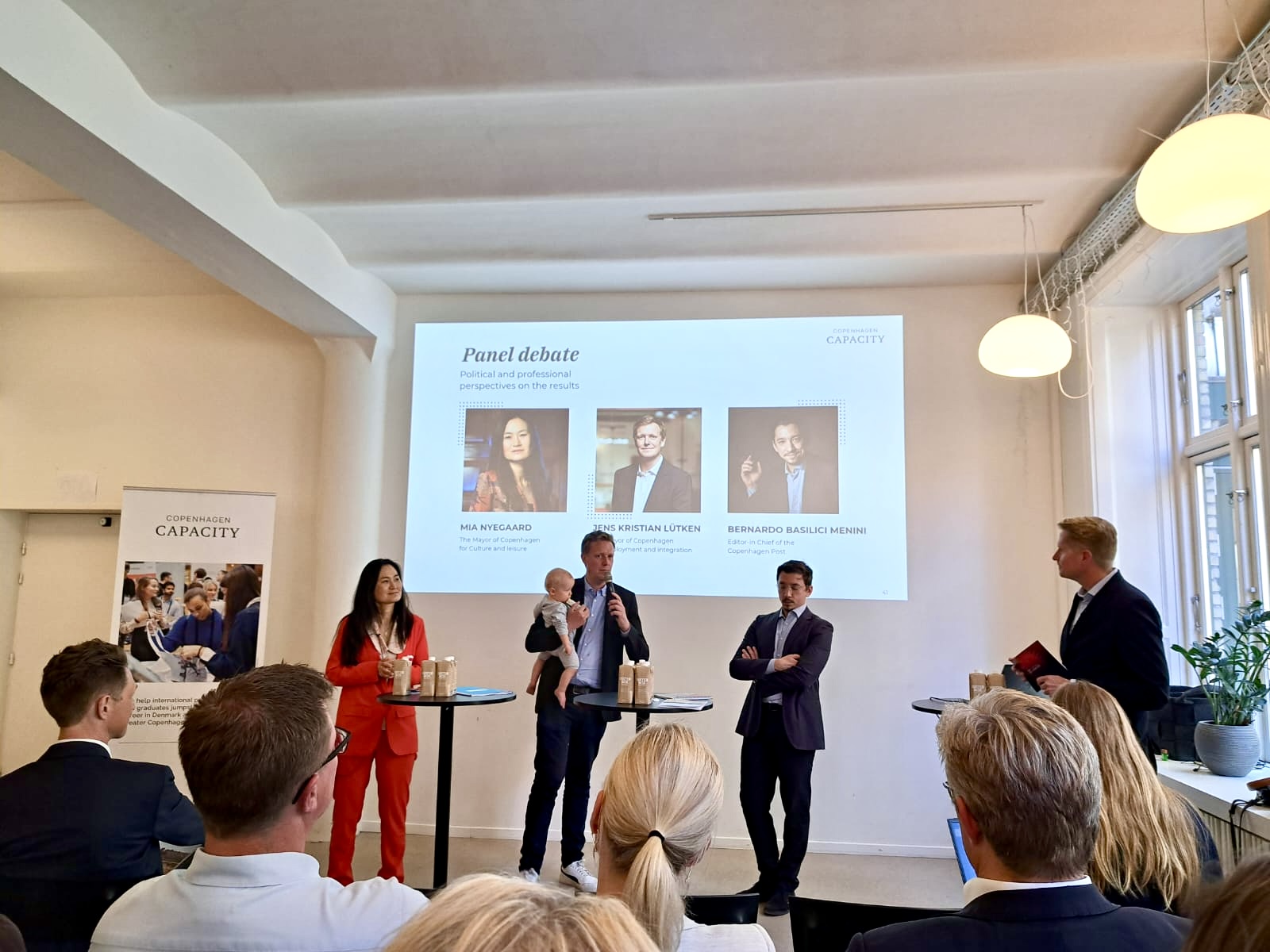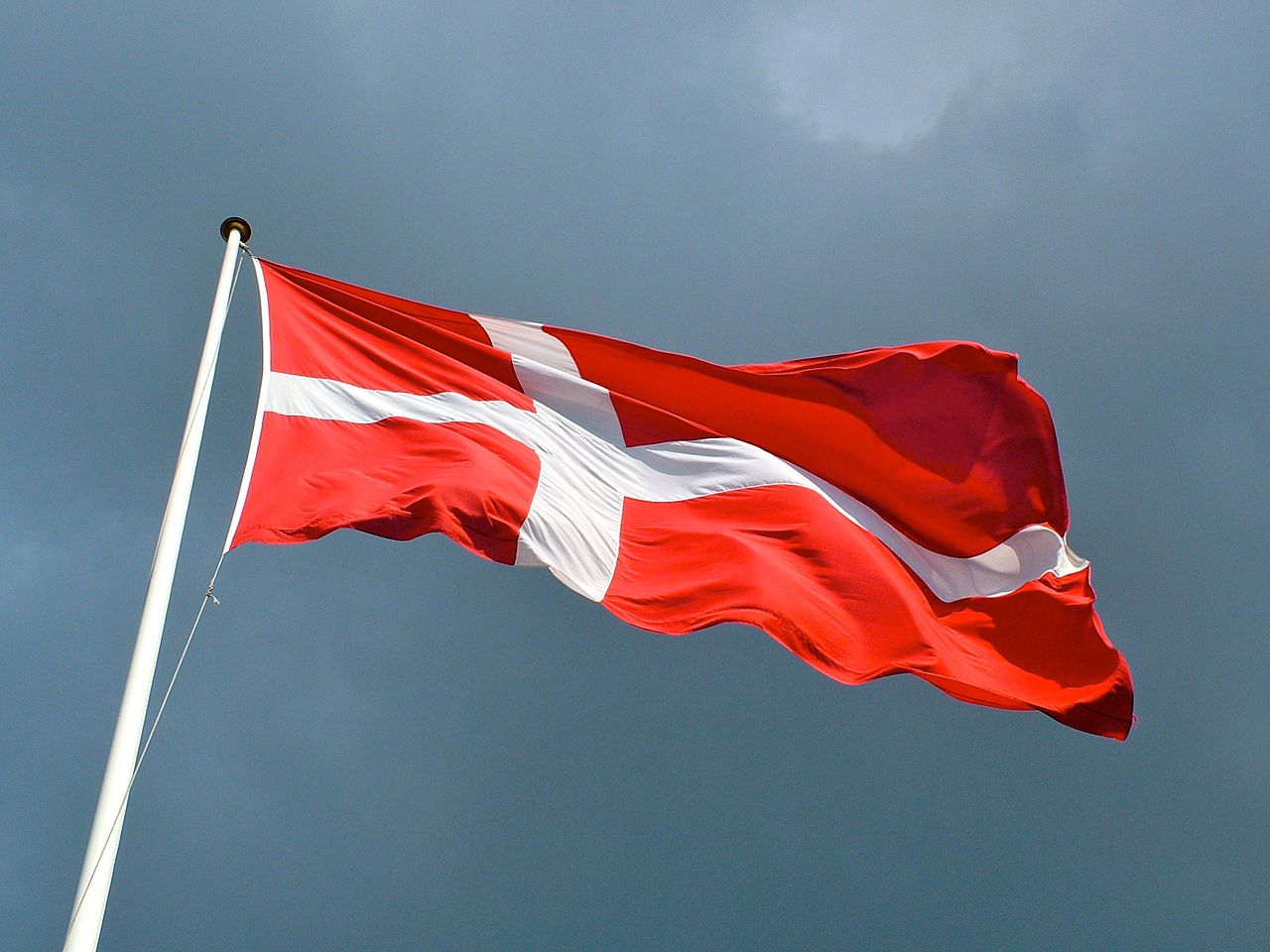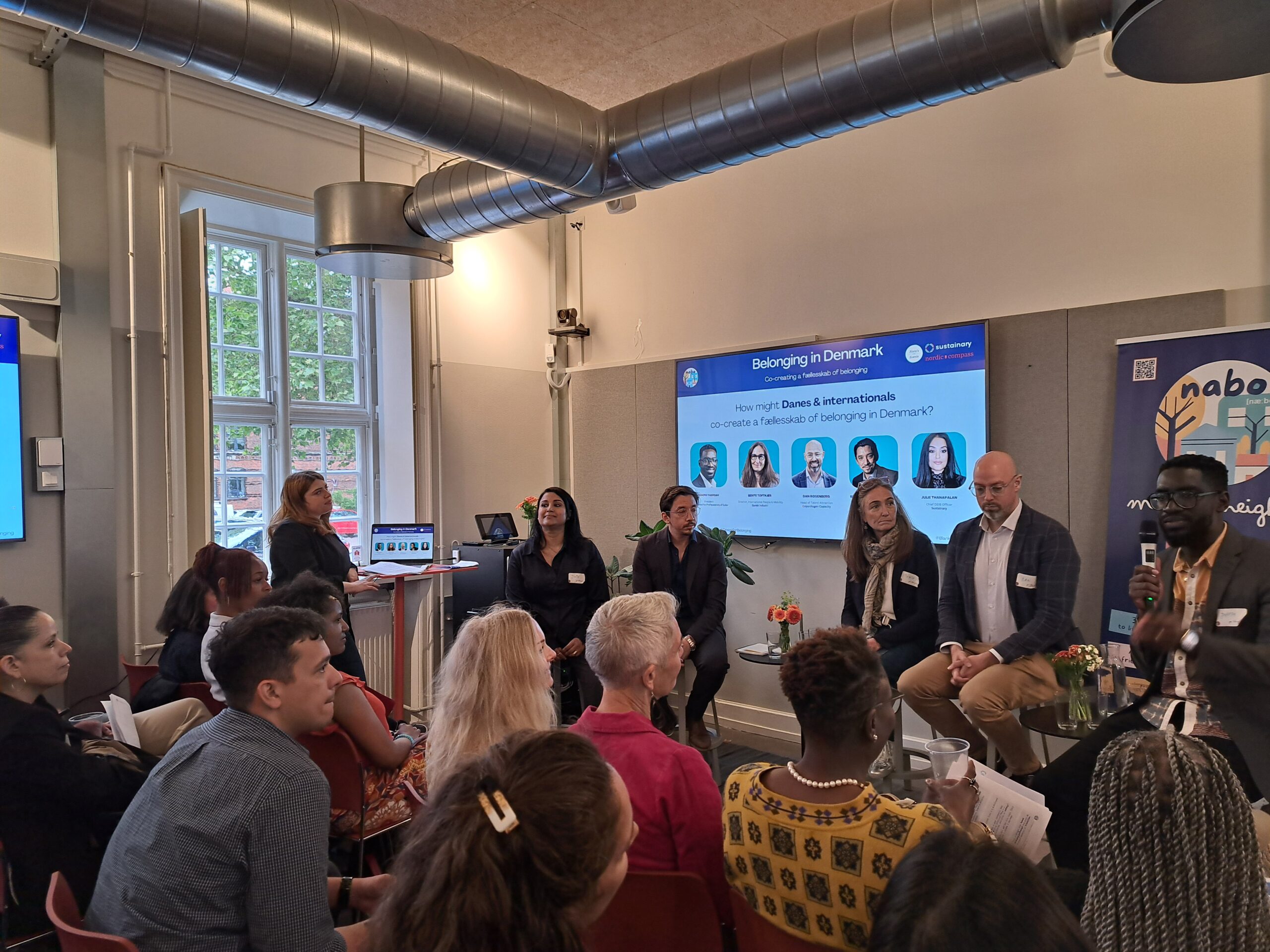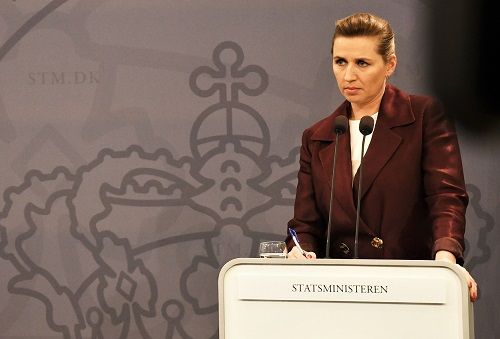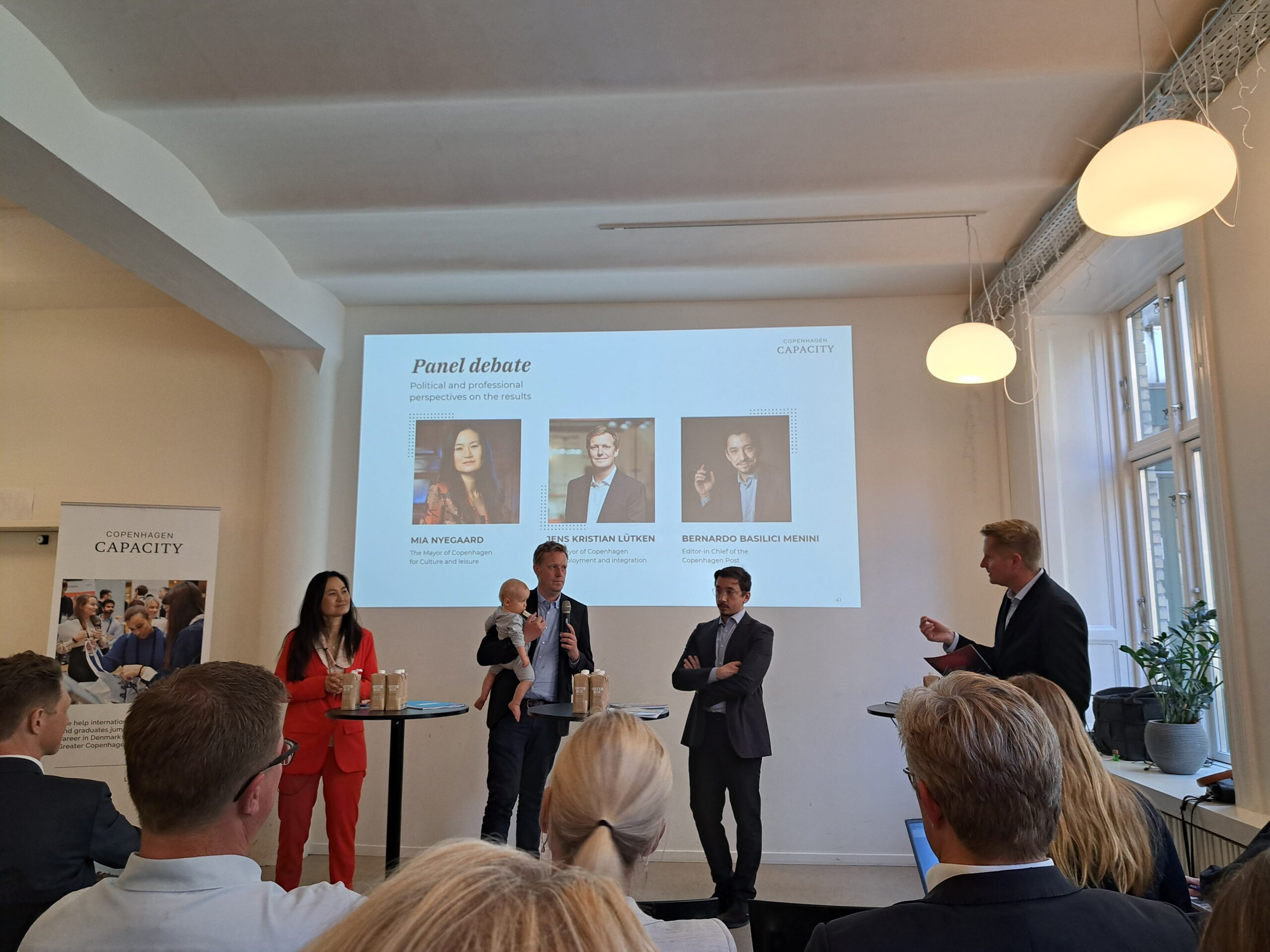Foreign families have many reasons to be wary of moving to Copenhagen to start a new life. There’s the weather, the high taxes and the apparent unwelcoming nature of the Danes.
But along with the commendable life-work balance and high safety levels comes one undeniable asset for families with children.
Thanks to generous support from the state, which pays 73 percent of all the costs of the country’s private schools, Copenhagen has some of the cheapest international schools in the world, according to the latest International Schools Database (ISD) report.
A very low median average
The report assessed the situation in 29 cities in 19 European countries, and Copenhagen was the cheapest.
The median average annual fee payable at its international schools is 4,787 US dollars (30,200 kroner).
The cheapest was 3,764 US dollars and the most expensive, Copenhagen International School (CIS), was 20,121.
By regarding CIS as an outlier – a statistical anomaly – and calculating the results based on median averages not mean averages, it was able to conclude that Copenhagen is the cheapest in Europe.
Contradicts reputation for high cost of living
Three of the top five most expensive cities were in Switzerland, with Zurich leading the way with a median average of 27,508, followed by London (24,791), Lausanne (23,740), Geneva (23,332) and Brussels (17,405).
After Copenhagen, the next four cheapest were Valencia (6,161), Amsterdam (6,716), Alicante (6,765) and the Algarve (7,078).
“In Denmark both public and private schools (which includes international schools) are all heavily subsidised by the government. This may explain why education is so affordable – comparatively speaking – in a country with a reputation for a high cost of living,” the report explained last year,
Could the generous funding be in jeopardy?
As of 2017, there are around 550 private schools in Denmark catering to 110,000 pupils nationwide – some 17 percent of the school-going population. Most are classified as friskoler.
In the same year, the current government party Socialdemokratiet, back when it led the opposition, identified friskoler as a serious opponent of integration and said it would like to see their funding cut.
Friskoler have a reputation for being Muslim, but in reality there are only 26 such schools, of which 10 are in Copenhagen, catering to around 5,000 students.
USA, China, Switzerland and the UK the most expensive
Worldwide, only Casablanca and Capetown have medians lower than Copenhagen.
Four countries accounted for the entire global top ten: the USA, China, Switzerland and the UK.
The top five were New York City, Beijing, Shanghai, San Francisco and Zurich.



